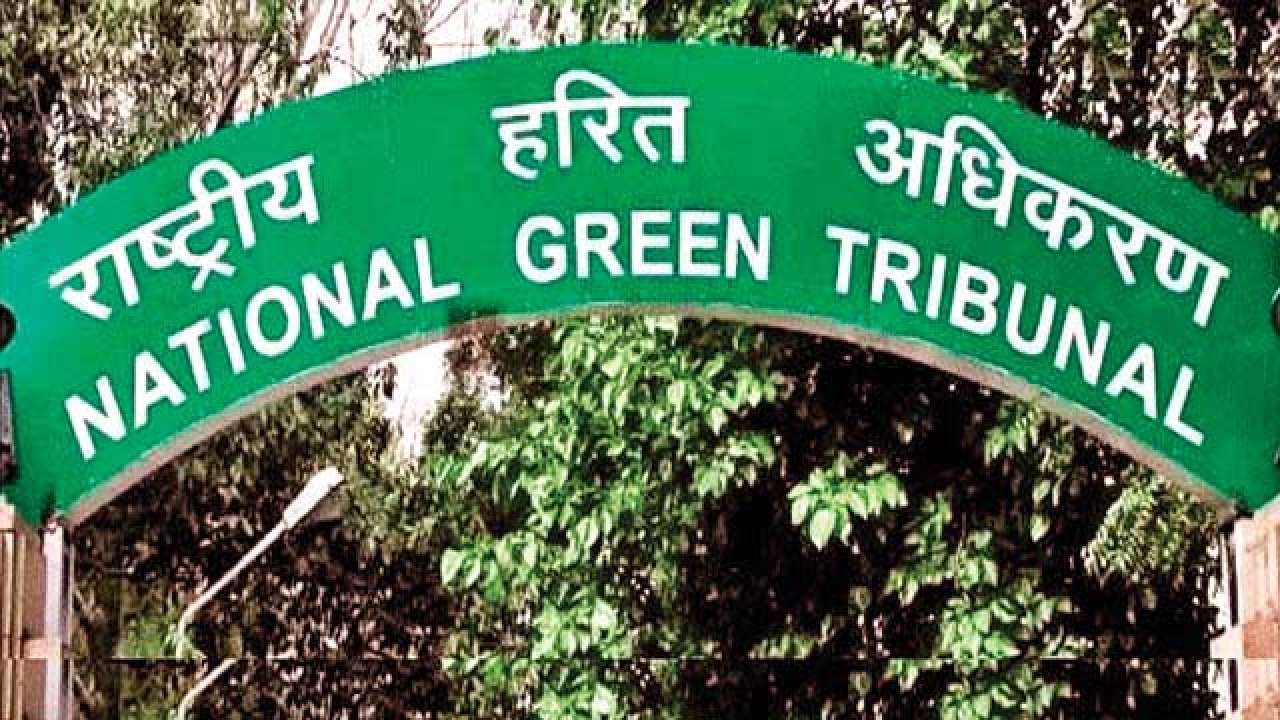
The Supreme Court has stringently observed that adjudicatory functions of a quasi-judiciary body like NGT cannot be substituted by administrative Expert Committee.
The bench comprising of Justice DY Chandrachud and Justice Bela M Trivedi observed that these Committees are set up due to their technical expertise in a given area, and their reports are, subject to judicially observed restraints, open to judicial review before courts when decisions are taken solely based upon them and courts should be circumspect in rejecting the opinion of these committees, unless they find their decision to be manifestly arbitrary or mala fide.
In the matter before the Court, an Original Application was filed by environmental organisations and individuals which pertained to the issue of the dumping of unsegregated and untreated Municipal Solid Waste at an open landfill site in the district of Surat in July, 2014. Several orders were passed from time to time. When the proceedings came up on 28 September 2018 before the Principal Bench of the NGT, the OA was disposed of on the ground that in another OA, the NGT had constituted Apex, Regional and State Level Committees to monitor the implementation of the SWM Rules. In view of that, the OA was disposed off with liberty to represent the case and ventilate all grievances before the appropriate committee.
In appeal filed herein, the Apex Court is tasked to decide whether the Principal Bench of the NGT is correct when it directed the appellants to now approach one of the Committees set up by it, rather than continue with the proceedings in the OA.
Supreme Court Observation
The Court at the outset noted that none of the prayers sought by the appellants are of a nature that cannot be granted by the NGT in accordance with its powers under Section 15(1) of the NGT Act. The OA was being continuously heard by the Western Zone Bench of the NGT since August 2014, and it had already issued significant interim directions.
At first instance, the Court went into differentiate bewteen expert committees which are set by the courts/tribunals from those set up by the Government in exercise of executive powers or under a particular statute.
It noted that when courts/tribunals themselves set up expert committees on occasion it is because the fact-finding exercise in many matters can be complex, technical and time-consuming, and may often require the committees to conduct field visits.
"These committees are set up with specific terms of reference outlining their mandate, and their reports have to conform to the mandate. Once these committees submit their final reports to the court/tribunal, it is open to the parties to object to them, which is then adjudicated upon. The role of these expert committees does not substitute the adjudicatory role of the court or tribunal. The role of an expert committee appointed by an adjudicatory forum is only to assist it in the exercise of adjudicatory functions by providing them better data and factual clarity, which is also open to challenge by all concerned parties. Allowing for objections to be raised and considered makes the process fair and participatory for all stakeholders."
Adjudicatory Function of NGT
The Court noted that Section 14 and Section 15 entrust adjudicatory functions to the NGT which is a specialized body comprising of judicial and expert members. Judicial members bring to bear their experience in adjudicating cases. On the other hand, expert members bring into the decision-making process scientific knowledge on issues concerning the environment.
It mentioned HANUMAN LAXMAN AROSKAR vs. UNION OF INDIA, 2020 Latest Caselaw 40 SC wherein a twoJudge Bench of this Court noted that the NGT is an expert adjudicatory body on the NGT does not have a dearth of ‘expertise’ when it comes to the issues of environment.
The Court further note:
"Section 15 empowers the NGT to award compensation to the victims of pollution and for environmental damage, to provide for restitution of property which has been damaged and for the restitution of the environment. The NGT cannot abdicate its jurisdiction by entrusting these core adjudicatory functions to administrative expert committees. Expert committees may be appointed to assist the NGT in the performance of its task and as an adjunct to its fact-finding role. But adjudication under the statute is entrusted to the NGT and cannot be delegated to administrative authorities. Adjudicatory functions assigned to courts and tribunals cannot be hived off to administrative committees."
The NGT has in the present case abdicated its jurisdiction and entrusted judicial functions to an administrative expert committee. An expert committee may be able to assist the NGT, for instance, by carrying out a fact-finding exercise, but the adjudication has to be by the NGT. This is not a delegable function. Thus, the order impugned in the appeal cannot be sustained, the Court observed.
"The consequence of the impugned order is to efface the meticulous exercise which was carried out by the earlier Benches. Valuable time has been lost in the meantime and crucial issues pertaining to the environment in the present case have been placed on the back-burner."
While the Court ordered quashing of the impugned orders in view of the above, it also reflected that it is unfortunate that more than three years have passed and a delay which could have been avoided had the NGT proceeded to adjudicate upon the issues which were raised before it.
Social media is bold.
Social media is young.
Social media raises questions.
Social media is not satisfied with an answer.
Social media looks at the big picture.
Social media is interested in every detail.
social media is curious.
Social media is free.
Social media is irreplaceable.
But never irrelevant.
Social media is you.
(With input from news agency language)
If you like this story, share it with a friend!
We are a non-profit organization. Help us financially to keep our journalism free from government and corporate pressure












0 Comments